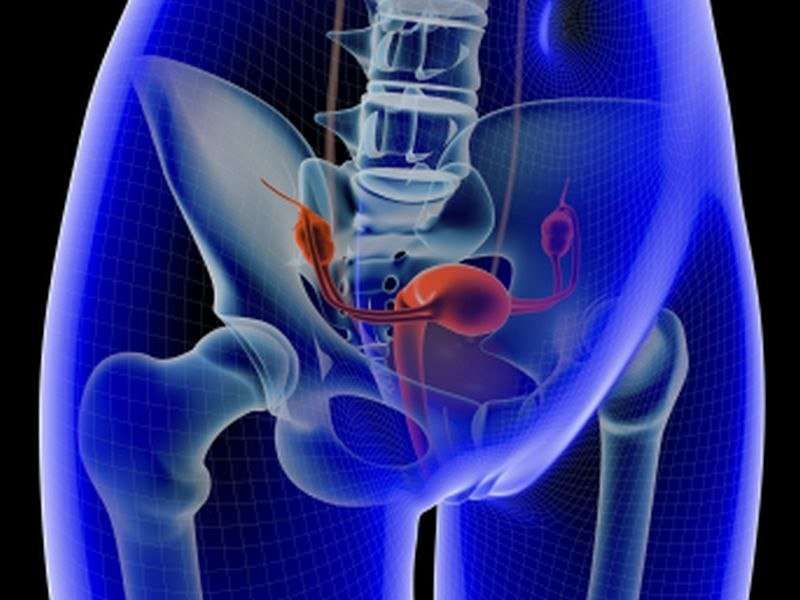(HealthDay)—A levonorgestrel-releasing intrauterine device (LNG-IUD) is effective in the majority of patients undergoing conservative treatment for low-risk endometrial cancer and complex atypical hyperplasia, according to a case-series study published online Dec. 4 in Obstetrics & Gynecology.
Navdeep Pal, M.B.B.S., M.P.H., from the University of Texas MD Anderson Cancer Center in Houston, and colleagues retrospectively reviewed 46 cases treated with the LNG-IUD for complex atypical hyperplasia or early-grade endometrial cancer from January 2003 to June 2013.
The researchers found that 15 of the 32 evaluable patients at the six-month time point had complex atypical hyperplasia (47 percent), nine had G1 endometrial cancer (28 percent), and eight had grade 2 endometrial cancer (25 percent). At six months, the overall response rate was 75 percent (80 percent in complex atypical hyperplasia, 67 percent in grade 1 endometrial cancer, and 75 percent in grade 2 endometrial cancer). There was a trend toward an association between lack of exogenous progesterone effect in the pathology specimen and nonresponse to the IUD (P = 0.05). In women who did not respond to the IUD, median uterine diameter was 1.3 cm larger (P = 0.04).
"Levonorgestrel-releasing IUD therapy for the conservative treatment of complex atypical hyperplasia or early-grade endometrial cancer resulted in return to normal histology in a majority of patients," the authors write.
One author disclosed financial ties to the pharmaceutical industry.
More information: Abstract/Full Text (subscription or payment may be required)
Journal information: Obstetrics & Gynecology
Copyright © 2017 HealthDay. All rights reserved.
























